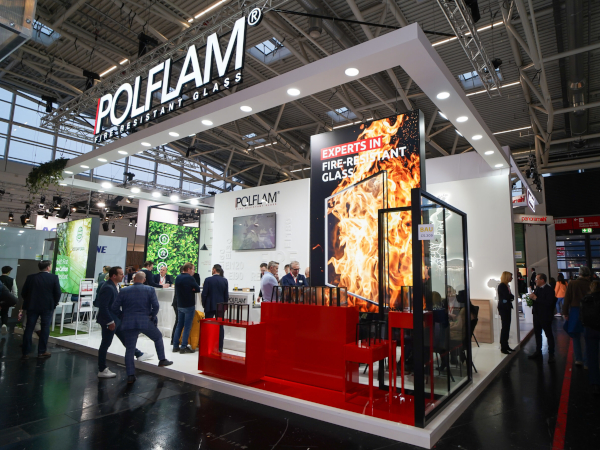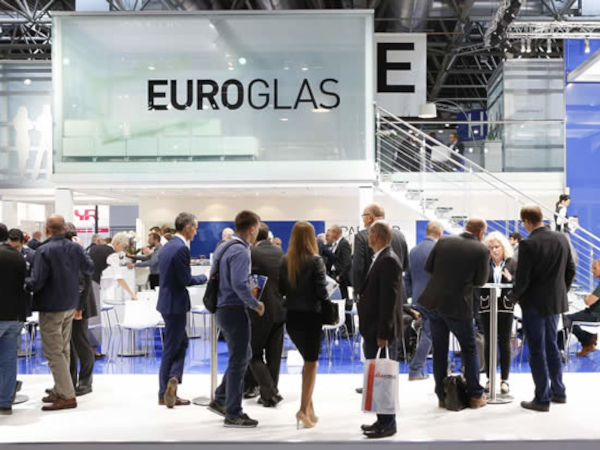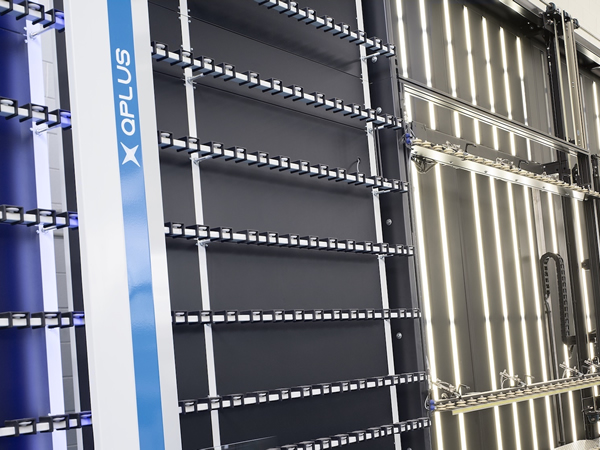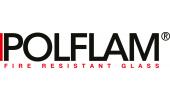Date: 16 February 2007
Fire-resistant glass is a key element in any fire protection strategy and Pilkington is reiterating the need to specify and install the correct systems, along with the appropriate tested glass, otherwise the consequences in the event of fire could be catastrophic.
The new FSO covers all public buildings as well as the common areas of multiple occupancy housing.
The burden of making sure that suitable fire precautions are in place is transferred from the fire authority to the individuals who carry responsibility for the building and its occupants, generally the employer or building owner. Also there is a responsibility on contractors carrying out work that may materially affect fire safety, such as maintenance and repair. A risk assessment must also be carried out in law and penalties for not complying with the FSO include fines, closure orders and even imprisonment. This risk assessment must be recorded where the number of employees is 5 or more.
The extensive use of glass in modern building design combined with the extremely limited resistance of standard architectural glass products against fire, means that fire-resistant glazing must be a key element in any fire protection strategy. The following must therefore be strictly adhered to:
- System thinking is critical. A fire-resistant glass can only function as intended if it is installed as part of an approved fire-resistant glazing system where all of its components are compatible. These include the glass, the glazing seal, the beads, the frame material, frame design, and the fixings for both the beads and the frame.
- Standard frames and glazing systems are not adequate against fire.
-Test evidence of performance is essential. The installed fire-resistant glazing system must be tested and approved as a complete system and test data must be relevant to the installation.
- Assessments are an expressed opinion and should only be carried out by appropriately accredited individuals or organisations, and the assessment must be based on relevant and applicable test evidence appropriate to the specific glazing system under consideration.
- Don't mix and match between approved fire-resistant systems. Changing just one component on its own could lead to the failure of the whole system.
- No two types of glass are exactly the same. What is achieved with one fire-resistant glass may not be achievable with another.
- The installed fire-resistant glazing system must be the same as the system that was approved. It is essential that there are no last minute changes or short cuts. Above all, manufacturer's instructions must be followed.
- Important distinctions must be made between integrity only and integrity and insulation performance, as the differences in levels of protection are dramatically different and could be significant where both life safety and property protection against fire are concerned.
Products such as Pilkington Pyrostop™, Pilkington Pyrodur™ and Pilkington Pyrodur™ Plus are some of the most extensively tested and highest performing glass on the market. The use of fire-resistant glass is increasingly important in performance-based design and it is critical that the whole process is properly followed, from product specification to installation. When dealing with matters of life and asset protection it is vital to seek the view of the experts.















Add new comment